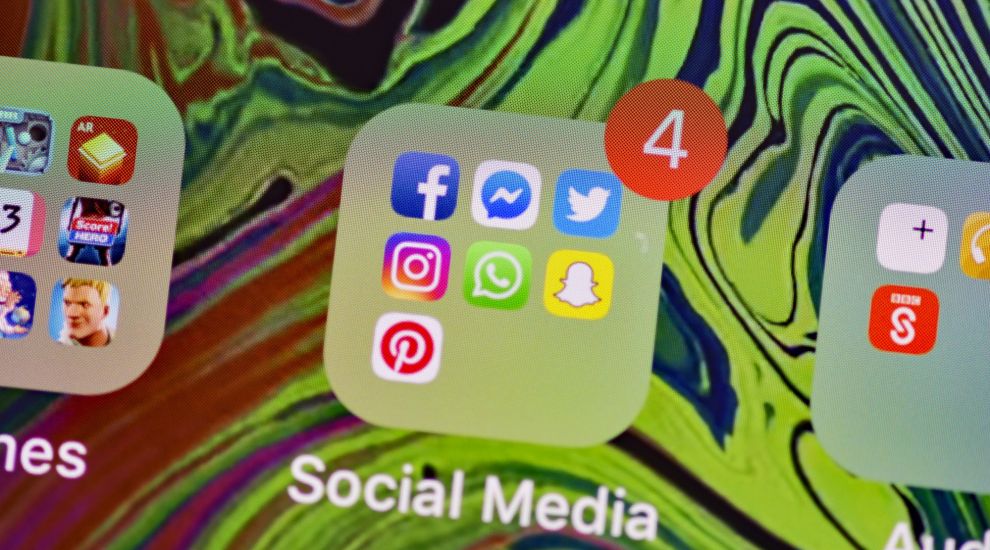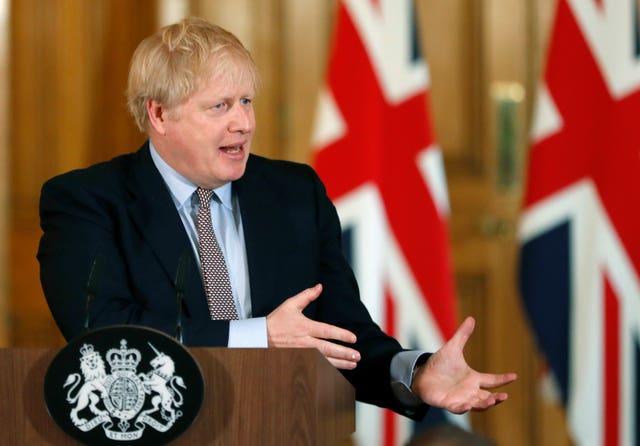
Social media has a “very important role” in stopping the spread of misinformation about the coronavirus outbreak, the Prime Minister has said.
Boris Johnson said social networking platforms had a responsibility to prevent conspiracy theories about the virus spreading online.
The Prime Minister was speaking at a press conference in 10 Downing Street outlining the Government’s plan to respond to the outbreak of the illness, known as Covid-19.
“We’ve all got to be very responsible and the media has a very important role in this, particularly the social media and electronic media of all types,” he said.
“I’m sure that they will want to convey the right messages and convey the right balance of risk.”

It comes as experts warn that the spread of misinformation and conspiracy theories about the illness online could cause as much damage as the virus itself.
Dr Daniel Jolley, senior lecturer in psychology at Northumbria University, and PhD researcher in social and legal psychology, Pia Lamberty, from the Johannes Gutenberg University of Mainz, said that allowing misinformation to spread can lead to people distrusting health organisations and potentially ignoring their recommendations – placing their health at risk.
They argue that many conspiracy theories arise during moments of crisis in society as a way of trying to make sense of a chaotic situation. People who believe in such theories tend to distrust groups they perceive as powerful – with many theories revolving around the idea of those in power acting to stay in control.
As a result, the experts warn that if people do not trust health organisations, they are more likely to ignore medical advice and therefore be more at risk.
In response to concerns about misinformation linked to Covid-19, Both Facebook and Twitter have introduced features which link to the official NHS and World Health Organisation websites for accurate advice and information on the outbreak at the top of search results.
Google has also implemented a similar scheme for its own search results.
Those practices were introduced after concerns were raised about conspiracy theories around the outbreak being posted online, including content which promoted panic and adverts which claimed to offer cures for the illness.
Facebook said last month it had banned adverts which create “a sense of urgency” about the Covid-19 illness, such as those that “imply a limited supply or guarantee a cure or prevention”.